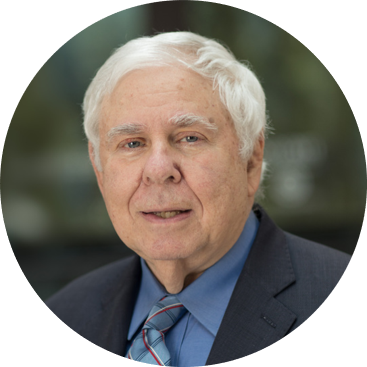Law, Religion, and Constitutionalism
A Canopy Forum Thematic Series
September 2020
Law, religion, and constitutionalism are deeply entwined concepts. Very early on in Western legal tradition, the idea of a supreme law from with the legitimacy of other forms of legislation stemmed and to which such norms had to confirm was often associated with religious law. From the Scriptural laws of the Torah and Qur’an, to the Natural Law traditions and Papal declarations in Christendom, the ordinary human processes of political lawmaking and adjudication were often measured against a higher “supreme law” generally attributed to the ultimate sovereign — God. Such ideas carried through to the development of American constitutionalism in the late 18th century, with God-as-sovereign replaced by “We the People”—an idea rooted in earlier Enlightenment political philosophy that would in the following centuries change the way the world thought about government, rights, law, and religion as well.
This development complicated the relationship between law and religion for individuals and politics as well. Now, many religiously committed people had to learn to navigate their commitments to two distinct sovereigns and two different supreme laws. The sometimes competing pulls of secular citizenship and religious affiliation precipitated new tensions and spawned new ways of defining religion, law, public and private spheres, and the state.
On September 17th, the United States commemorates Constitution Day, the day on which in 1789, the Philadelphia Convention adopted the original United States Constitution and delivered it to the States for ratification. In honor of that historic event, Canopy Forum is pleased to offer this series on Law, Religion, and Constitutionalism, which features reflections from a number of prominent scholars hailing for several distinct religious traditions and nationalities.

“The Perils of Constitutional Theology“
Nathan B. Oman
September 1, 2020
“Each year the United States Supreme Court produces a new batch of cases construing the religion clauses of the first amendment. There is something stylized about the debates these cases inevitably provoke, as partisans on either side of the various fault lines of church-state thinking adapt the well-worn arguments of separationism, accommodation, religious freedom, and equality before the law to new situations….”

“Constitution Day 2020: Human Dignity and the US Presidential Election”
Randall A. Poole
September 7, 2020
“September 17 is designated as Constitution Day to commemorate the signing of the Constitution of the United States in Philadelphia on September 17, 1787. This year, it is especially pertinent that we commemorate the Constitution and reflect on its meaning and importance…”

“Angels Do Not Govern: Constitutional Sovereignty as a Response to Humanity’s Sinful Nature”
William E. Thro
September 9, 2020
“Writing to the Romans, Paul stated an inherent truth about humanity — “all have sinned and fall short of the glory of God.” As theologian R.C. Sproul explained, “[w]e are not sinners because we sin; we sin because we are sinners”…Because we are not angels, but sinners, government is necessary…”

“Proclaim Liberty Throughout All the Land: Christianity and the Creation of the American Republic”
Mark David Hall
September 15, 2020
“The Liberty Bell is one of the most prominent symbols of American freedom. It is inscribed with the words “proclaim liberty throughout all the land unto all inhabitants thereof,” which are taken from Leviticus 25:10….”

“Constitutional Basic Values and the Religion Clauses”
Alan Brownstein
September 16, 2020
“The meaning of the religion clauses in judicial opinions has changed dramatically over the last 150 years. Doctrine has shifted, sometimes precipitously. The case law has been convoluted and unpredictable. The Free Exercise Clause, for example, was initially interpreted to protect religious belief, but not religious practice…”

“Divine Sovereignty, Popular Sovereignty, and the Dilemma of American Constitutionalism“
Sanford Levinson
September 17, 2020
“By wonderful happenstance, this year’s Constitution Day (Thursday, September 17) occurs just two days before Rosh Hashanah, the Jewish New Year and one of the “High Holy Days,” together with Yom Kippur roughly a week later. The major motif particularly of the Rosh Hashanah service, is Divine sovereignty…”

Daniel L. Dreisbach
September 23, 2020
“The American Constitution drew on diverse intellectual traditions. Among the influences constitutional scholars and political theorists have identified and studied are English common law and British constitutionalism, Enlightenment liberalism in manifold forms, and various experiments in and expressions of republicanism…”

“Ancestor Worship, Living Trees, and Free Exercise in the Australian Constitution”
Paul T. Babie
October 2, 2020
“The Australian Constitution, an Act of the Imperial United Kingdom Parliament which came into force in 1901, contains a seemingly comprehensive protection for religious freedom, found in Section 116: The Commonwealth shall not make any law for establishing any religion, or for imposing any religious observance…”

